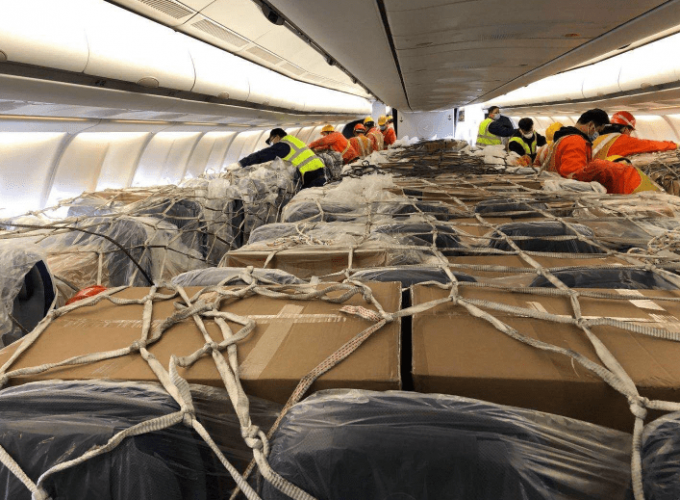QR, IAG, MAS announce air cargo partnership – but are conditions right?
Three Oneworld airlines are attempting a move which has had little success in cargo to ...

European air freight connections to China are climbing again.
On Tuesday, Air France KLM Martinair (AF-KL-MP) dispatched a B747-400 combi to Shanghai and in the coming week will start belly cargo to Beijing and Shanghai three times a week, said Gertjan Roelands, senior vice-president sales & ...

Comment on this article